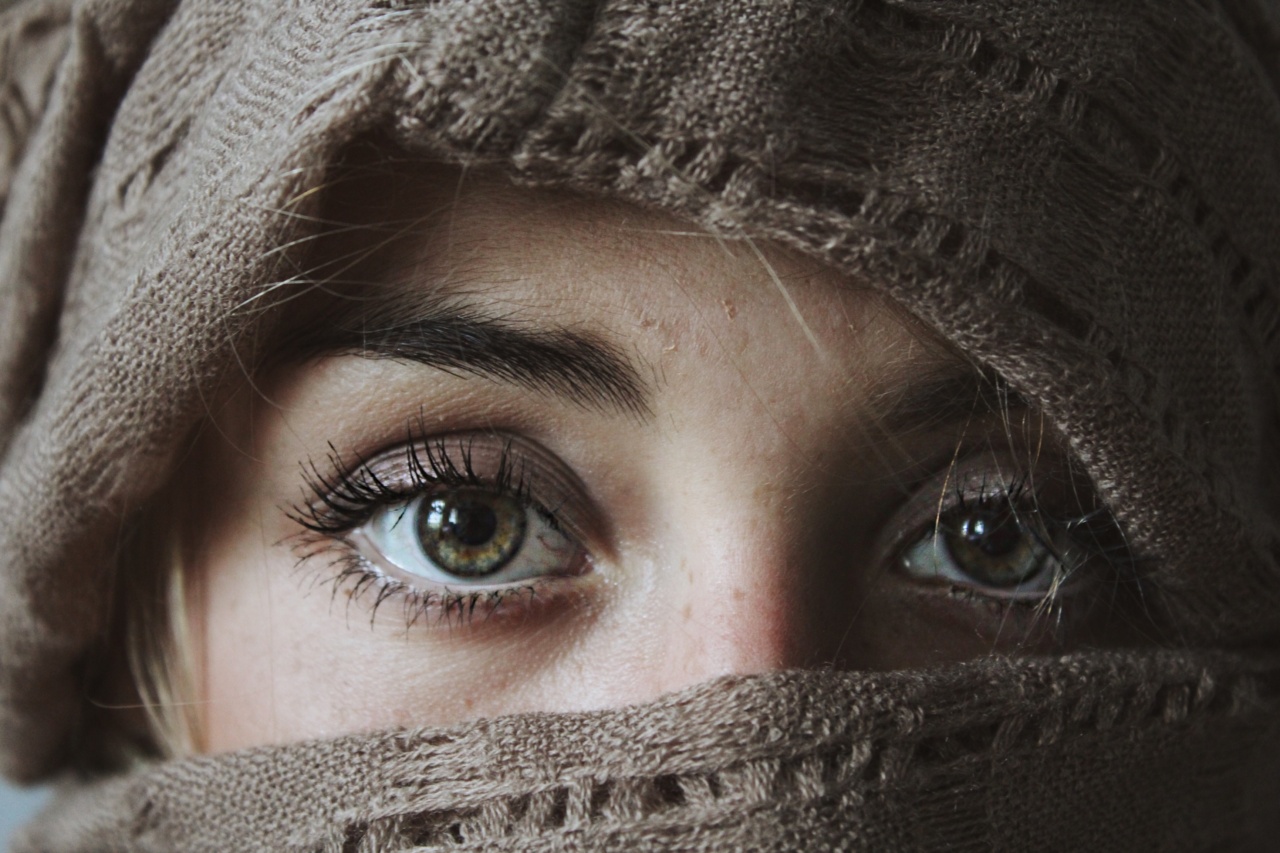Winter can be a wonderful time of the year, but it also brings with it some challenges. One of the most common problems is dry eyes and itching.
The cold and dry air can cause irritation and discomfort, and it can even lead to more serious eye problems if left untreated. In this article, we’ll explore some tips and tricks for dealing with dry eyes and itching during winter.
What Causes Dry Eyes and Itching During Winter?
Dry eyes and itching can be caused by a variety of factors. During winter, the air is colder and drier, which can cause the moisture in our eyes to evaporate more quickly than usual. This can lead to dryness, irritation, and even redness.
Additionally, heaters are used to keep us warm, and the warm air can also be very drying to the eyes.
How to Prevent Dry Eyes and Itching During Winter
One of the best ways to prevent dry eyes and itching during winter is to keep the air in your home moist. You can do this by using a humidifier, which will add moisture to the air and help to prevent dryness.
Additionally, you should try to avoid spending too much time in areas with a lot of heat or dry air, such as near the fireplace or on a space heater.
You should also try to stay hydrated by drinking plenty of water. It’s also a good idea to eat foods that are high in omega-3 fatty acids, such as salmon, flaxseed, and walnuts.
Omega-3s can help to reduce inflammation in the body, which can help to alleviate dry eyes and itching.
How to Treat Dry Eyes and Itching During Winter
If you do end up with dry eyes and itching during winter, there are several things you can do to treat the problem. One of the easiest things to do is to use eye drops or artificial tears.
These products can help to moisturize your eyes and reduce dryness and irritation. They are available over-the-counter at most drugstores and grocery stores.
You can also try using warm compresses on your eyes to help improve the flow of tears and reduce inflammation. Simply soak a washcloth in warm water, wring it out, and place it over your closed eyes for a few minutes.
The warmth can help to soothe your eyes and alleviate dryness and itching.
If your dry eyes and itching are severe, you should speak to an eye doctor. They may be able to prescribe medication or recommend other treatments to help alleviate your symptoms.
Conclusion
Dry eyes and itching can be a frustrating problem, especially during winter. However, by taking steps to prevent dryness, staying hydrated, and using treatments like eye drops and warm compresses, you can alleviate your symptoms and enjoy the season.
If you’re experiencing severe symptoms, be sure to speak to an eye doctor for additional help.




























